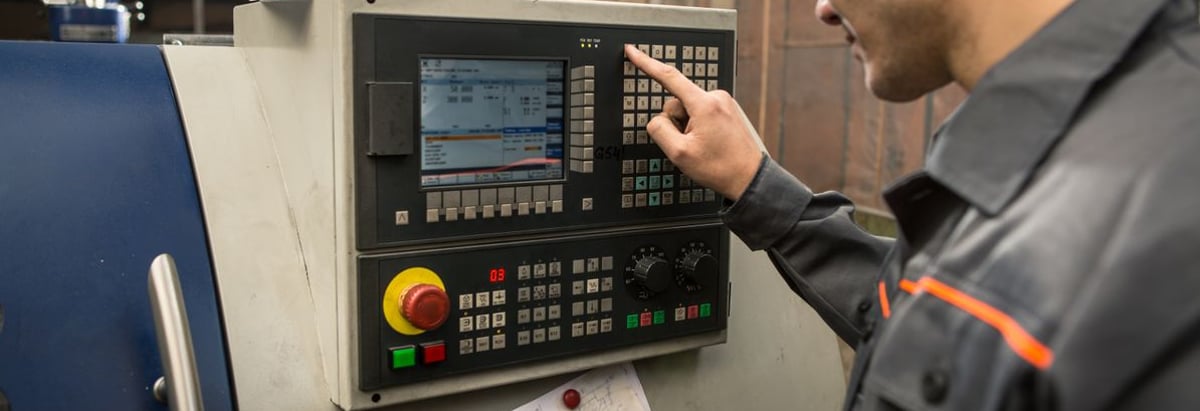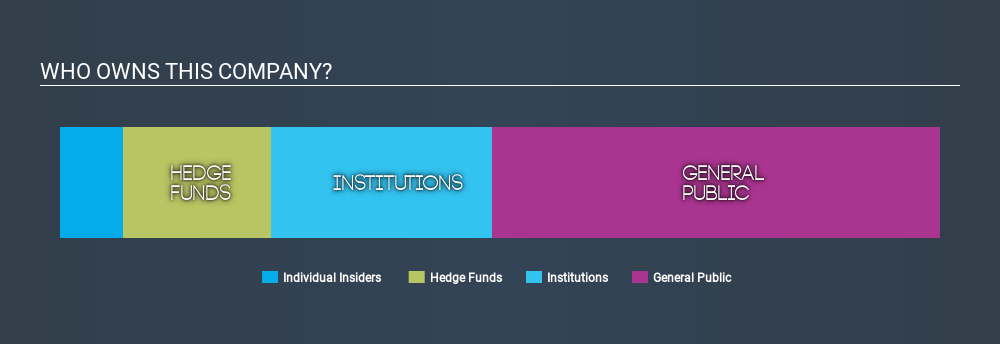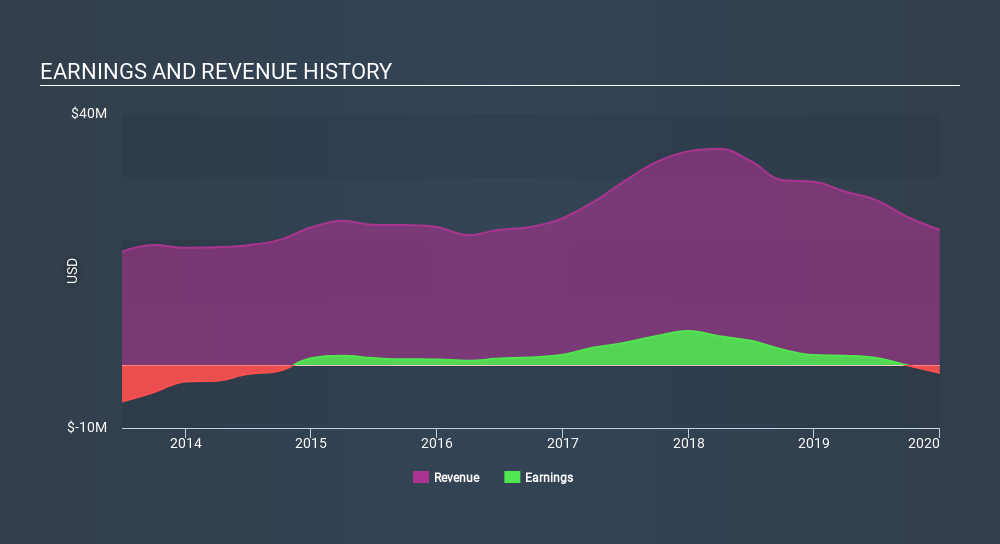- United States
- /
- Electronic Equipment and Components
- /
- NasdaqCM:DAIO
Could The Data I/O Corporation (NASDAQ:DAIO) Ownership Structure Tell Us Something Useful?

A look at the shareholders of Data I/O Corporation (NASDAQ:DAIO) can tell us which group is most powerful. Institutions often own shares in more established companies, while it's not unusual to see insiders own a fair bit of smaller companies. Warren Buffett said that he likes "a business with enduring competitive advantages that is run by able and owner-oriented people." So it's nice to see some insider ownership, because it may suggest that management is owner-oriented.
Data I/O is a smaller company with a market capitalization of US$24m, so it may still be flying under the radar of many institutional investors. In the chart below, we can see that institutional investors have bought into the company. Let's delve deeper into each type of owner, to discover more about Data I/O.
Check out our latest analysis for Data I/O

What Does The Institutional Ownership Tell Us About Data I/O?
Institutions typically measure themselves against a benchmark when reporting to their own investors, so they often become more enthusiastic about a stock once it's included in a major index. We would expect most companies to have some institutions on the register, especially if they are growing.
We can see that Data I/O does have institutional investors; and they hold 25% of the stock. This suggests some credibility amongst professional investors. But we can't rely on that fact alone, since institutions make bad investments sometimes, just like everyone does. If multiple institutions change their view on a stock at the same time, you could see the share price drop fast. It's therefore worth looking at Data I/O's earnings history, below. Of course, the future is what really matters.

Our data indicates that hedge funds own 17% of Data I/O. That catches my attention because hedge funds sometimes try to influence management, or bring about changes that will create near term value for shareholders. DH Partners, LLC is currently the largest shareholder, with 8.7% of shares outstanding. The second largest shareholder with 8.1%, is Renaissance Technologies Corp., followed by Dimensional Fund Advisors L.P., with an ownership of 5.1%.
Our studies suggest that the top 25 shareholders collectively control less than 50% of the company's shares, meaning that the company's shares are widely disseminated and there is no dominant shareholder.
Researching institutional ownership is a good way to gauge and filter a stock's expected performance. The same can be achieved by studying analyst sentiments. While there is some analyst coverage, the company is probably not widely covered. So it could gain more attention, down the track.
Insider Ownership Of Data I/O
The definition of company insiders can be subjective, and does vary between jurisdictions. Our data reflects individual insiders, capturing board members at the very least. Company management run the business, but the CEO will answer to the board, even if he or she is a member of it.
Most consider insider ownership a positive because it can indicate the board is well aligned with other shareholders. However, on some occasions too much power is concentrated within this group.
Our most recent data indicates that insiders own some shares in Data I/O Corporation. It has a market capitalization of just US$24m, and insiders have US$1.8m worth of shares, in their own names. It is good to see some investment by insiders, but I usually like to see higher insider holdings. It might be worth checking if those insiders have been buying.
General Public Ownership
The general public, mostly retail investors, hold a substantial 51% stake in DAIO, suggesting it is a fairly popular stock. This size of ownership gives retail investors collective power. They can and probably do influence decisions on executive compensation, dividend policies and proposed business acquisitions.
Next Steps:
While it is well worth considering the different groups that own a company, there are other factors that are even more important. Be aware that Data I/O is showing 3 warning signs in our investment analysis , and 1 of those can't be ignored...
If you are like me, you may want to think about whether this company will grow or shrink. Luckily, you can check this free report showing analyst forecasts for its future.
NB: Figures in this article are calculated using data from the last twelve months, which refer to the 12-month period ending on the last date of the month the financial statement is dated. This may not be consistent with full year annual report figures.
If you spot an error that warrants correction, please contact the editor at editorial-team@simplywallst.com. This article by Simply Wall St is general in nature. It does not constitute a recommendation to buy or sell any stock, and does not take account of your objectives, or your financial situation. Simply Wall St has no position in the stocks mentioned.
We aim to bring you long-term focused research analysis driven by fundamental data. Note that our analysis may not factor in the latest price-sensitive company announcements or qualitative material. Thank you for reading.
About NasdaqCM:DAIO
Data I/O
Engages in the design, manufacture, and sale of programming and security deployment systems and services for electronic device manufacturers in the United States, Europe, and internationally.
Flawless balance sheet and overvalued.
Similar Companies
Market Insights
Community Narratives





